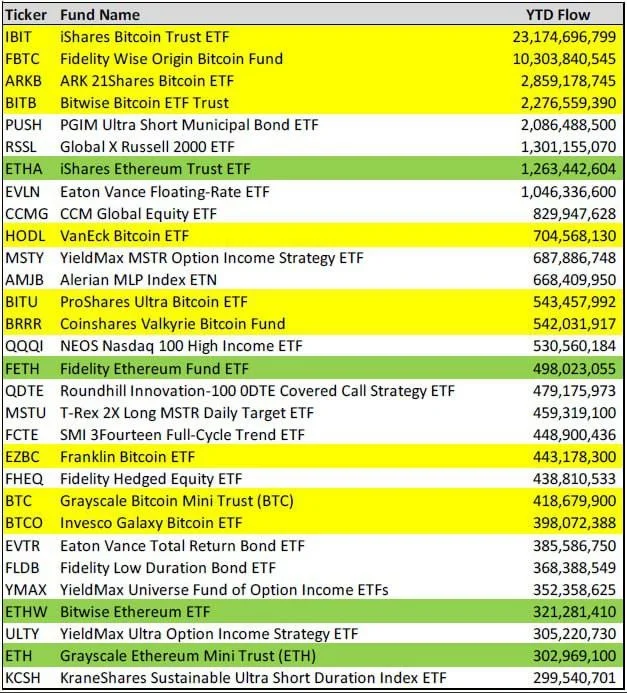Institutional Investors Buy Bitcoin Worth $50 Million: Signal for Growth or Profit Taking?

Bitcoin continues to strengthen its position among both private investors and large institutional players. Recently, the financial market was shaken by the news that institutional investors purchased Bitcoin for a total of $50 million, which again confirmed their confidence in the cryptocurrency as a promising asset. However, the question arises: who sold Bitcoin to institutions and what does this mean for the market?
Why are Institutions Actively Buying Bitcoin?
The demand among institutional investors for digital assets is growing for several reasons. First, Bitcoin is viewed as a hedge against inflation and economic instability, as its limited supply makes it a "scarce" asset. Secondly, the increasing availability of Bitcoin ETFs is easing access to the cryptocurrency market, attracting large companies and institutional investors.
Who Sold Bitcoin Worth $50 Million?
At first glance, one might think that the demand for Bitcoin is only increasing. However, every purchase requires sellers, and in this case, they are:
- Large holders ("whales") who sell part of their holdings to take profits.
- Miners who sell part of their mined coins to cover costs for equipment and electricity.
- Cryptocurrency funds and traders who may sell assets to diversify their portfolios or meet obligations to their clients.
Institutional Funds and Their Investments

What Does This Mean for the Market?
The situation where large holders sell Bitcoin to institutional investors may indicate the caution of "whales." While growing institutional interest supports cryptocurrency prices, the actions of large sellers may signal possible corrections. However, institutional investments aimed at long-term perspectives add stability to the market, increasing trust in cryptocurrency.
Conclusion
The purchase of Bitcoin worth $50 million by institutional investors demonstrates their confidence in the future of cryptocurrency. However, every large purchase has its seller, which may indicate the presence of players who are taking profits. This underscores that despite the growing institutional interest, the market remains volatile and dependent on the strategies of the largest participants.

Tax on Cryptocurrencies in Poland
